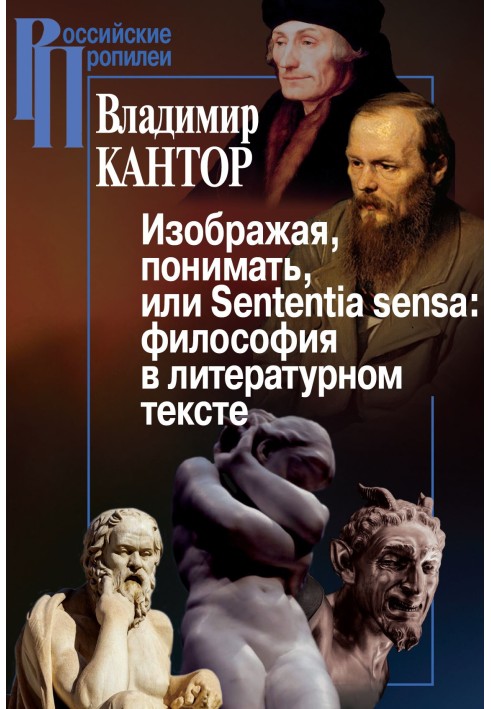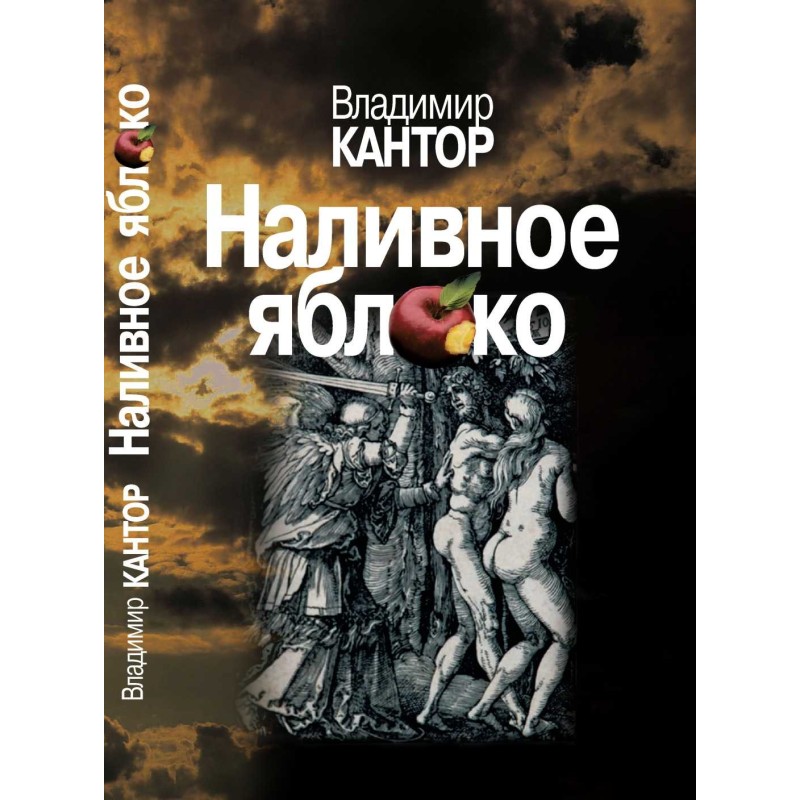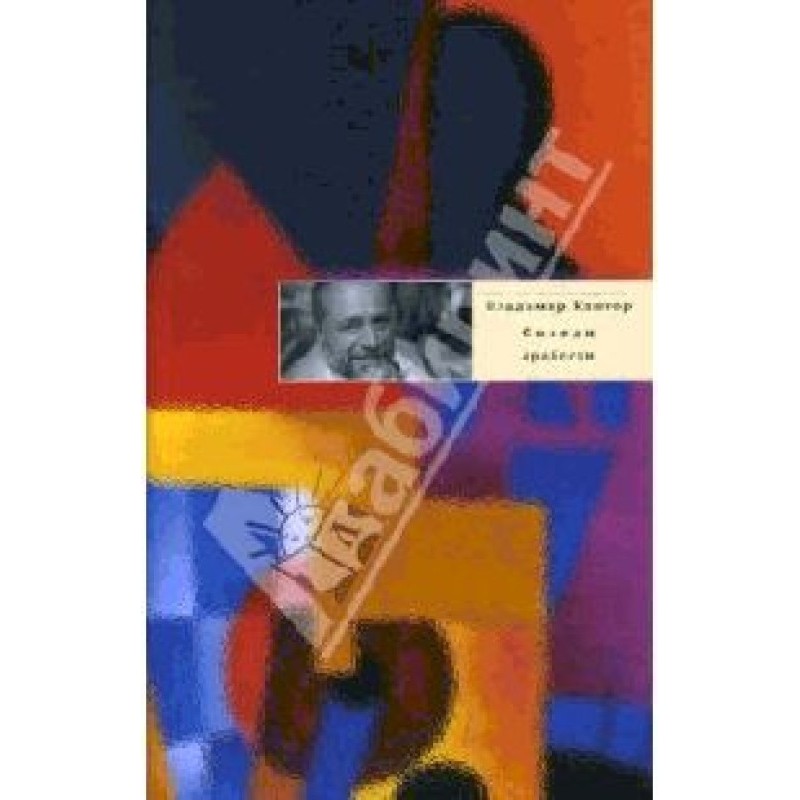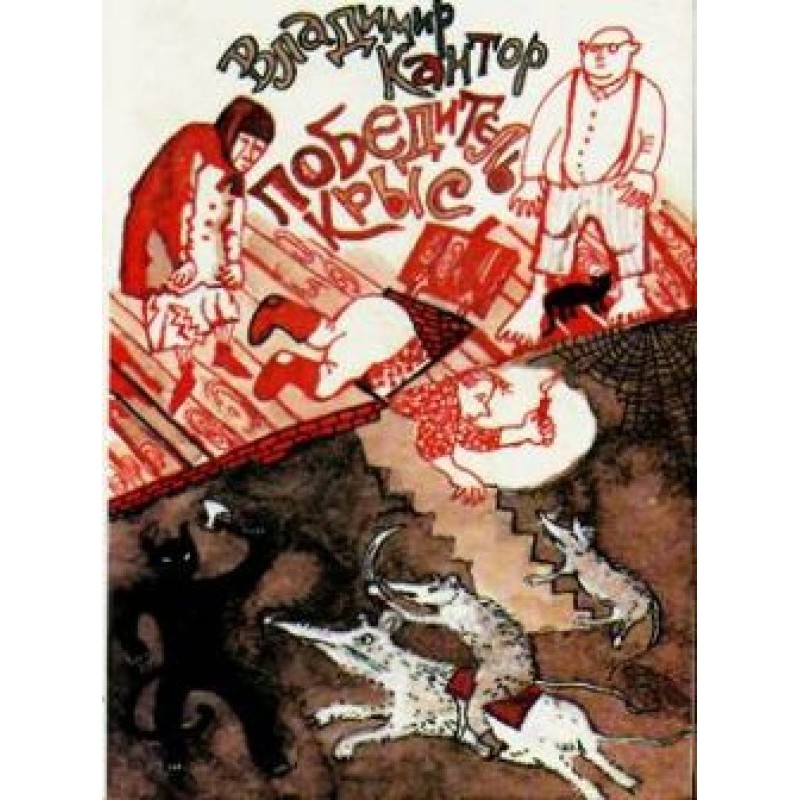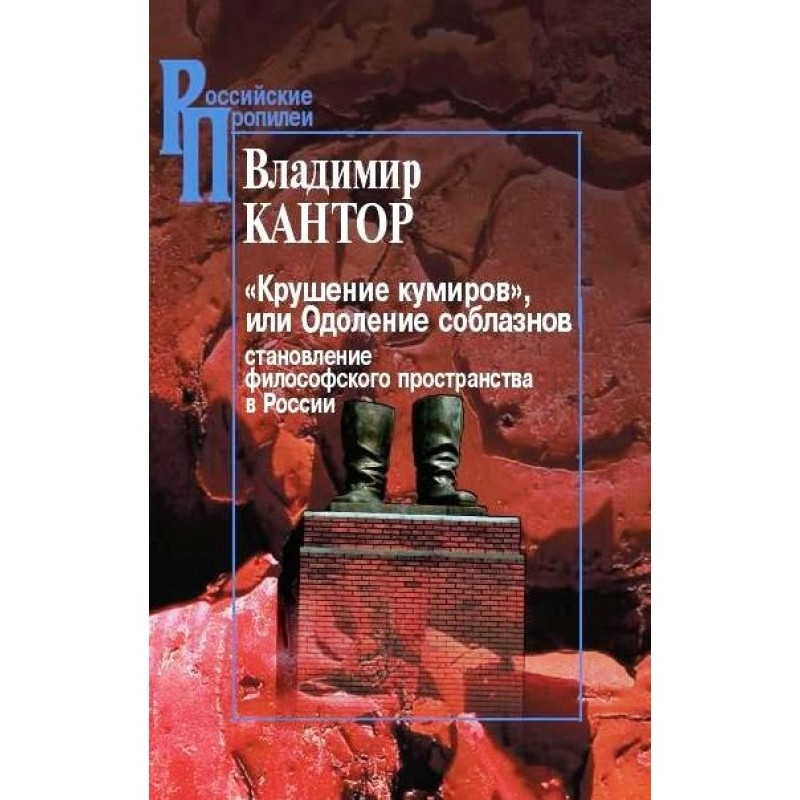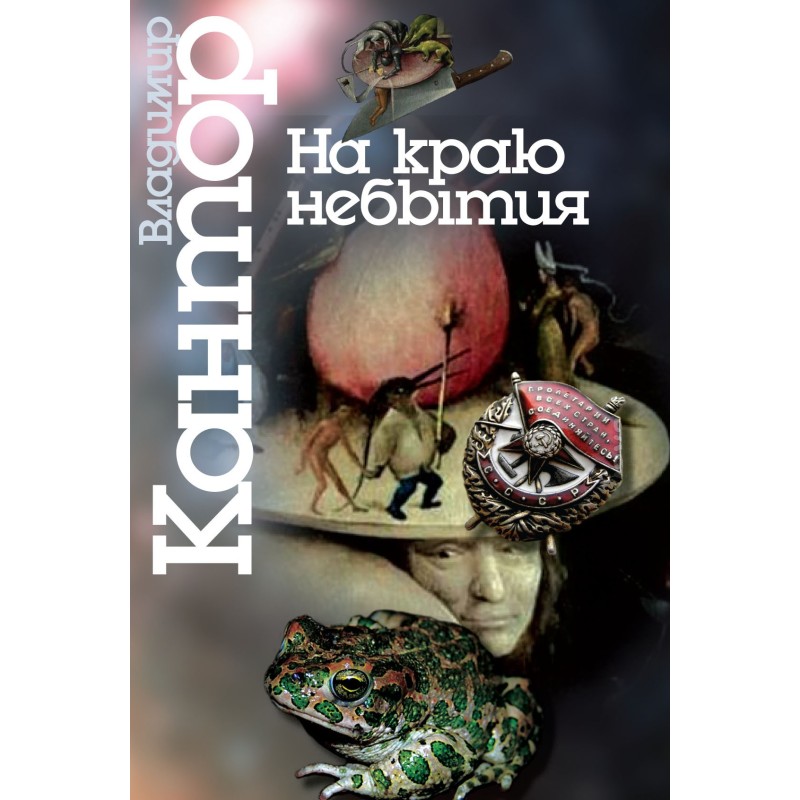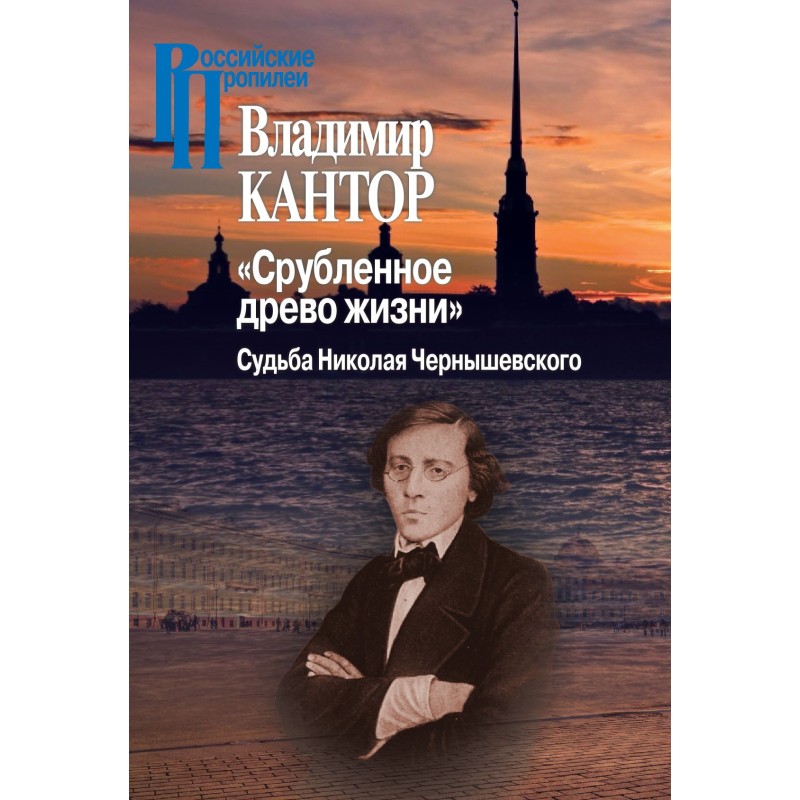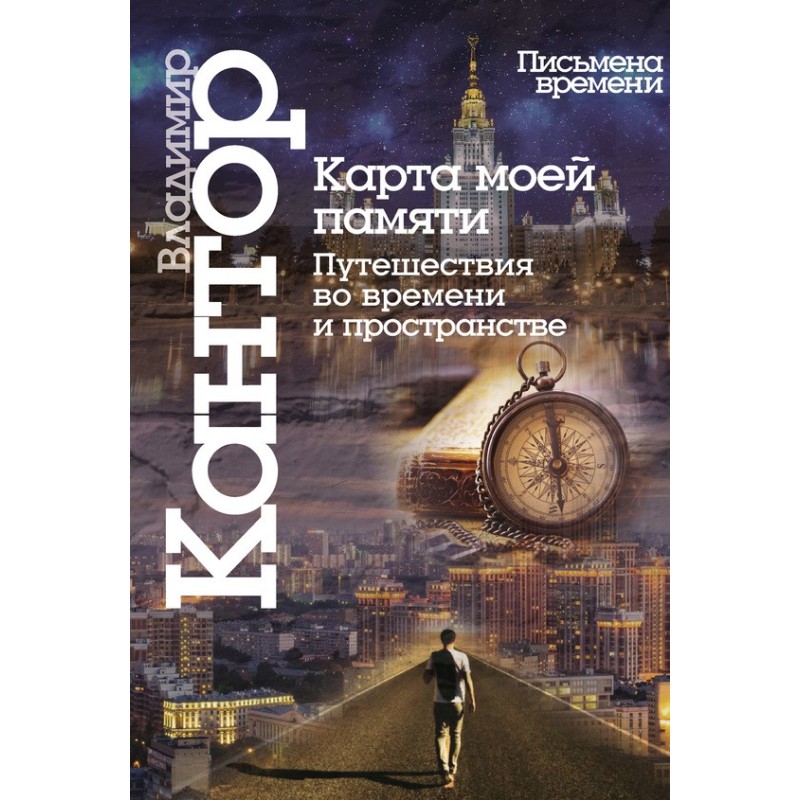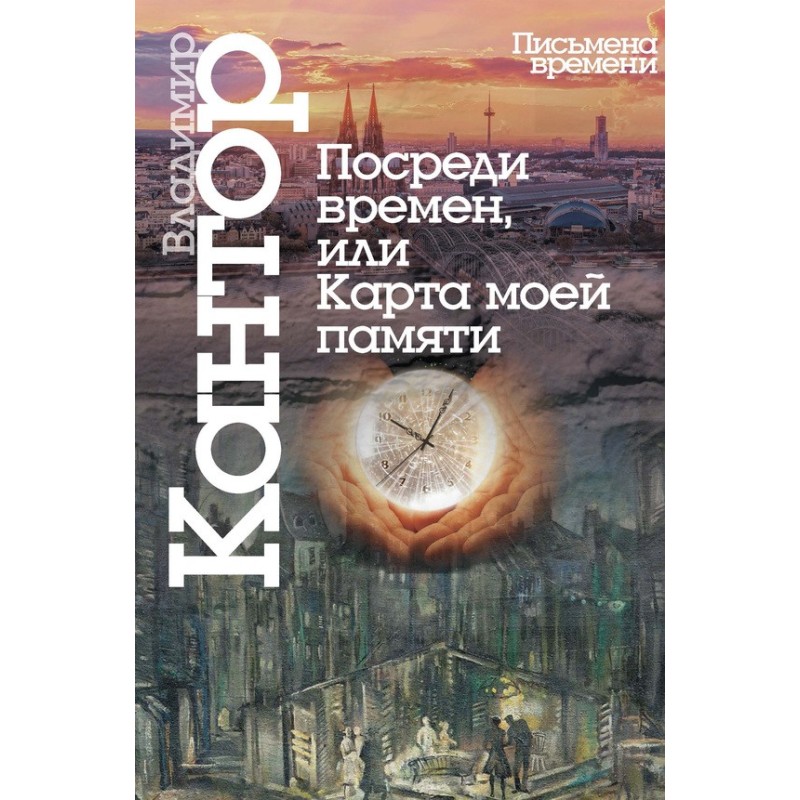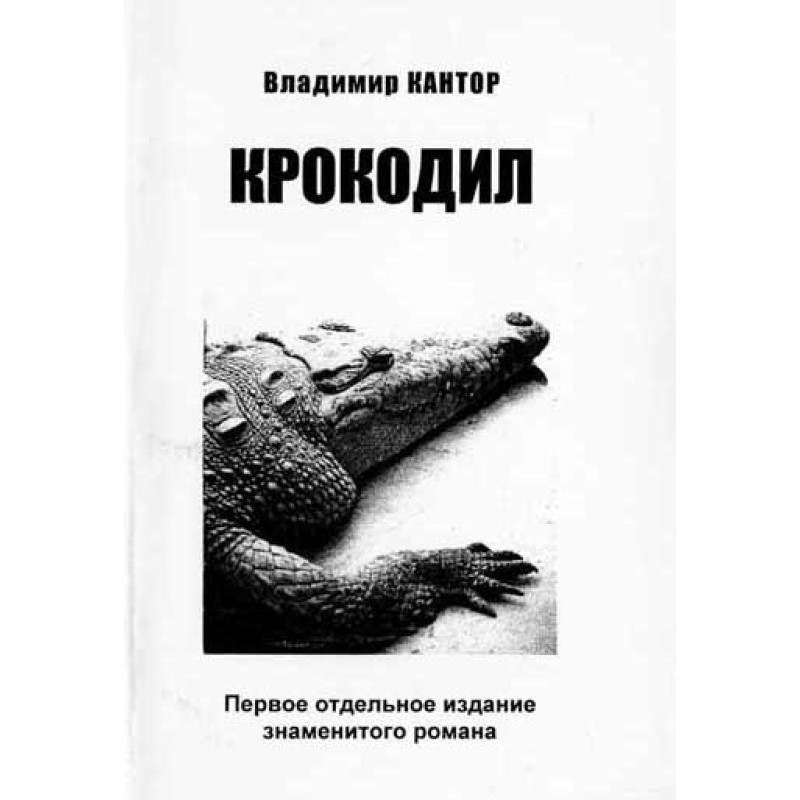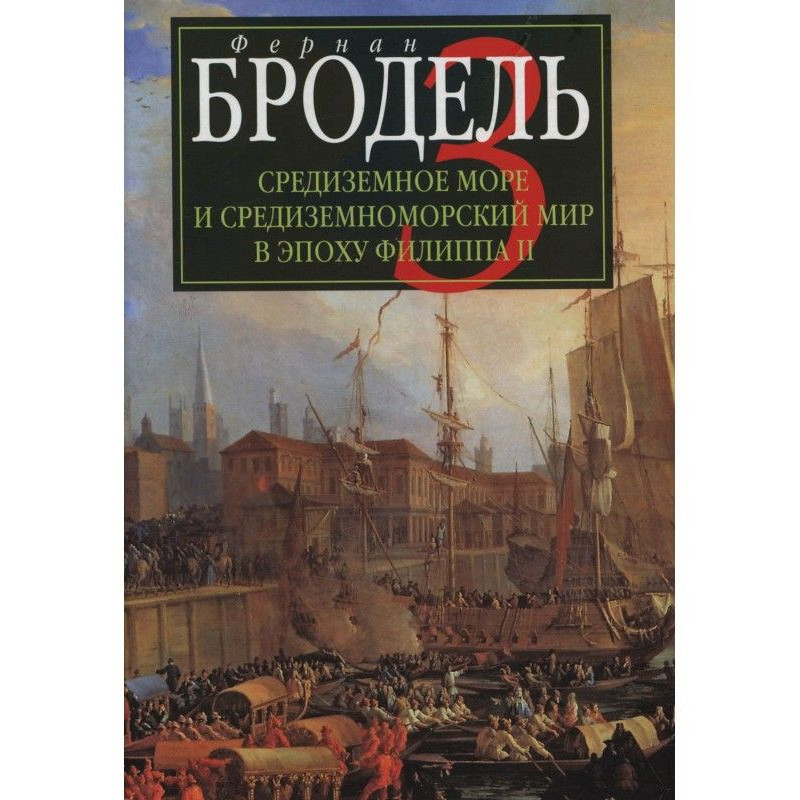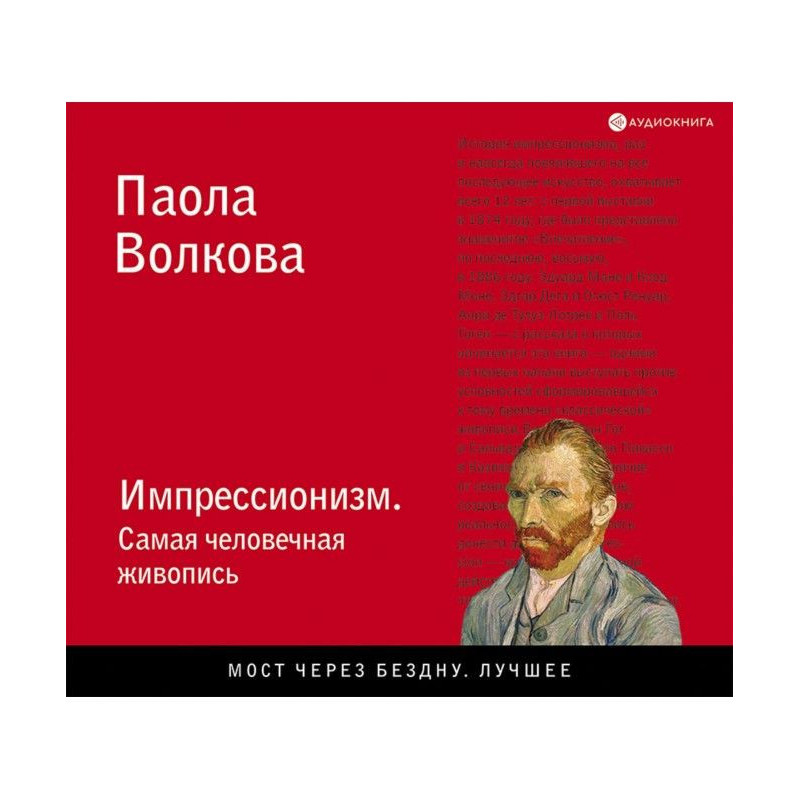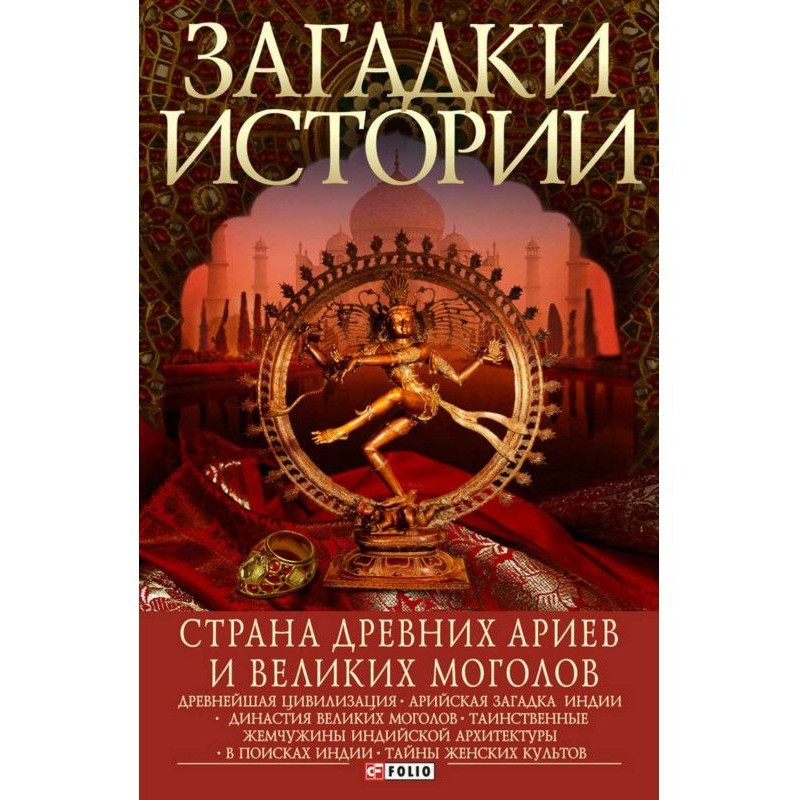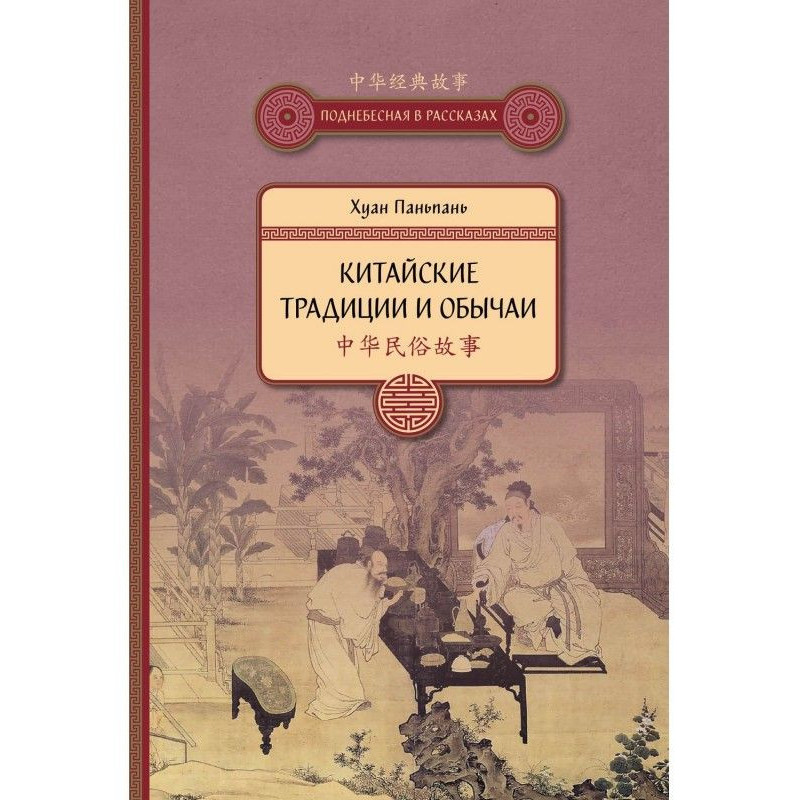Depicting, understanding, or Sententia sensa: philosophy in a literary text
 Instant download
Instant download
after payment (24/7)
 Wide range of formats
Wide range of formats
(for all gadgets)
 Full book
Full book
(including for Apple and Android)
In his work, Vladimir Kantor, Doctor of Philosophy, head of the International Laboratory for Research on Russian-European Intellectual Dialogue at the National Research University Higher School of Economics (NRU-HSE) and full professor at the School of Philosophy of the same university, chooses the topic of his research on the interface of literature with philosophy. In the author's opinion, there was not a single great literary work that was not in the intense field of philosophical ideas. Outside this context, the present literature is incomprehensible. Already Plato's dialogues were both philosophy and wonderful literature. According to Dostoevsky, “a thought must be felt.” But for this, there must be a thought in the work, there must be a philosophical context. Thus, Shakespeare's Hamlet is incomprehensible without reference to the texts of Erasmus of Rotterdam, Pico della Mirandola, Martin Luther, echoes of whose ideas are heard in the speeches of the prince. As Heidegger said, in the poetic sayings of ancient Greek philosophers the Western world, its culture, is born, for philosophy and poetry stand at different peaks, but say the same thing... The task of the researcher is to be able to see this, and to communicate what he saw to the reader, which can be done in the only way - give an analysis of the philosophical meanings in the great works of world literature. The book examines texts by Shakespeare, Hoffmann, Balzac, Dostoevsky, Kafka, Vl. Solovyov, V. Bryusov, E. Zamyatin, A. Koestler, I. Ehrenburg, V. Kormer and other masters of literature in the philosophical context of their time. The publishing layout of the book is saved in PDF A4 format.
Data sheet
- Name of the Author
- Владимир Кантор Карлович
- Language
- Ukrainian
- Release date
- 2017
Reviews
Вражаюче поєднання філософії та літератури
Книга Володимира Кантора "Зображуючи, розуміти або Sententia sensa" є справжнім відкриттям для всіх, хто цікавиться глибокими зв'язками між літературними творами та філософськими ідеями. Автор майстерно демонструє, як великі літературні твори, такі як "Гамлет" Шекспіра чи романи Достоєвського, не можуть бути зрозумілі без контексту філософських думок їхнього часу. Кантор наводить численні приклади, які ілюструють, як філософія пронизує літературу, надаючи їй глибину та багатошаровість. Його аналіз текстів великих авторів, таких як Кафка, Бальзак і Замятін, відкриває нові горизонти для читачів, які прагнуть зрозуміти не лише зміст, але й сенси, що стоять за літературними образами. Книга написана зрозумілою мовою, що робить її доступною для широкого кола читачів, а також зацікавить студентів філософії та літератури. Хоча деякі моменти перекладу можуть бути не зовсім точними, загальна якість тексту залишається високою. Рекомендую цю книгу всім, хто хоче глибше зануритися в світ літератури та філософії

